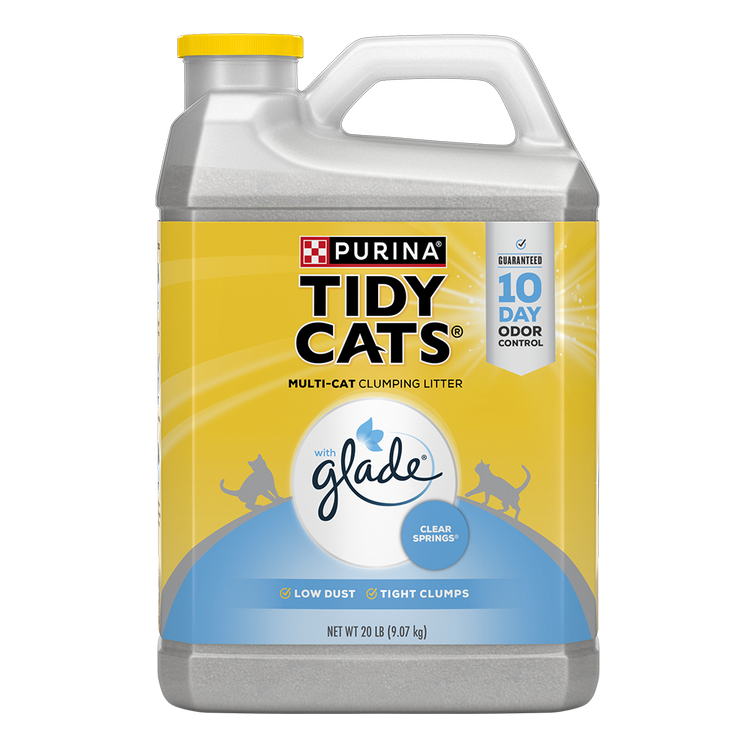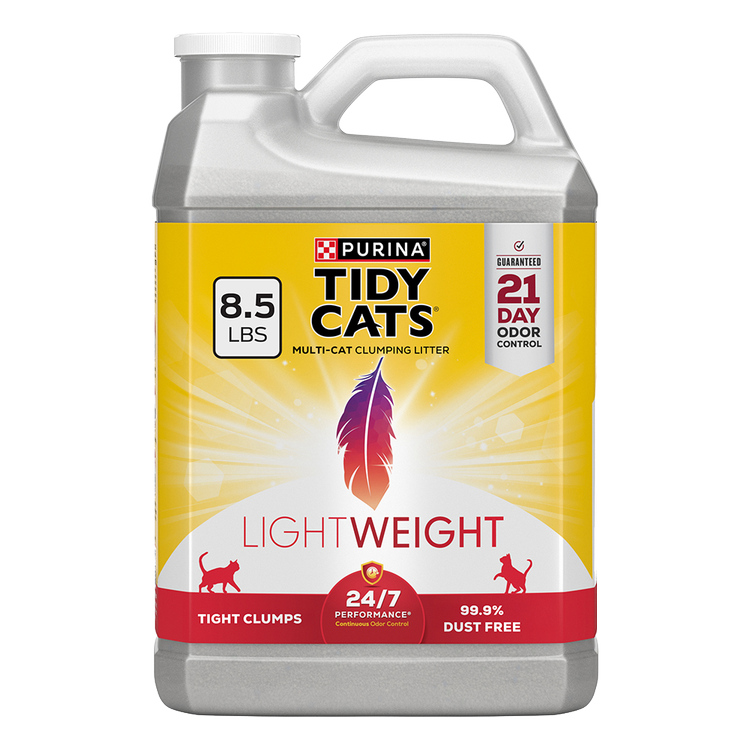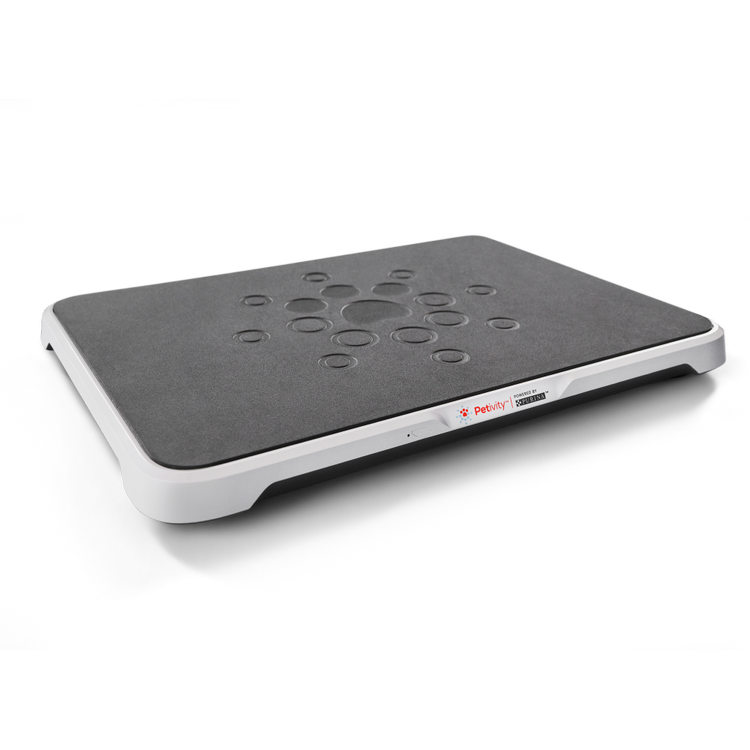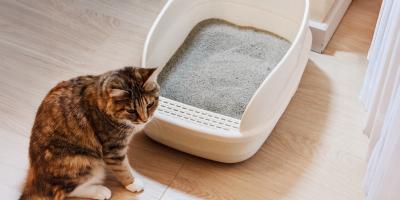Cat litter and pregnancy is a combination you should consider avoiding, if possible. That’s because cats – if infected – can spread a disease known as toxoplasmosis through their feces, which is dangerous to unborn children.
Should you avoid cat litter while pregnant altogether? Is the litter box safe? Are there other health risks posed by your feline companion? Read on to learn more.
Cat Litter & Pregnancy – the Risks
Before becoming pregnant, you may not have noticed that cat litter was something that needed to be avoided. For many people, scooping it is just another household routine.
Unfortunately, cleaning the litter box or switching litter becomes riskier when you’re carrying an unborn child.
What is Toxoplasmosis?
Toxoplasmosis is a zoonotic disease (meaning it can be passed from cats to humans).
Cats pick up the parasite that causes toxoplasmosis by eating infected animals or raw meat, or sometimes even by swallowing the infective stage of the parasite from the environment.
For healthy cats and adults without compromised immune systems, there may be no impact from the disease.
Per the CDC: “Most infected infants don’t have any symptoms at birth, but can develop serious symptoms later in life such as blindness or mental disability.”
Can all Cats Get Toxoplasmosis?
Toxoplasmosis is found most frequently in outdoor cats and/or cats who hunt prey. If your cat spends most of their time outside and likes to hunt, have someone else clean their litter box, if possible.
Importantly, if you have an indoor feline who only eats cat food and doesn’t interact with animals outdoors, your risk of contracting the disease is low.
Toxoplasmosis Symptoms
If you’re concerned about your cat’s litter box and pregnancy, it’s a good idea to know what toxoplasmosis might look like.
According to the Centers for Disease Control and Prevention, people infected with toxoplasmosis may have no symptoms at all, while others might feel like they have the flu.
For cats, signs of the illness can include fever, lethargy and weight loss (in chronic cases). These symptoms could be signs of other conditions as well, so it’s a good idea to contact your veterinarian as soon as possible if you see them develop.
Why is Cat Litter Bad for Pregnancy?
If it’s clean, cat litter itself isn’t bad for a pregnant person. There’s nothing inherently dangerous about it.
Litter becomes a health hazard only if your feline is infected with toxoplasmosis and defecates in their litter box. Their waste would be infectious and should be avoided if you’re pregnant.
That said, the toxoplasmosis parasite only becomes infectious after 1-5 days, so cleaning the litter box daily can help reduce the risk of infection.
Cleaning Litter Box While Pregnant
Unfortunately, while your pet’s litter box may have been a benign (if not occasionally unpleasant) presence in your home before, it can become a source of risk to a pregnant person.
It’s best to have another member of your household clean the litter box while you’re pregnant, as long as they have a healthy immune system.
If you have to tackle the task yourself, wear disposable gloves and wash your hands after you’re done.
Are There Other Pregnancy Risks Related to Cats?
Other than cleaning the litter box while pregnant, you can continue to do all of your favorite activities with your feline companion.
Petting, feeding, brushing and playing with your cat shouldn’t place you at risk during your pregnancy. In fact, most people contract toxoplasmosis not from contact with cats, but from eating undercooked meat.
Cat Litter & Pregnancy – Safety Tips
If you’re pregnant and have a cat, here are a few safety tips to help protect yourself.
- Have someone else clean the litter box, whenever possible.
- Clean the litter box daily. (The parasite that causes toxoplasmosis won’t become infectious in a cat’s feces for one to five days.)
- Feed your pet complete and balanced cat food.
- Avoid giving your cat undercooked meats or letting them hunt in the wild, if possible.
- Avoid stray cats and adopting new cats.
- Wear gloves if you garden, as soil may contain contaminated cat feces.
What to Do if You’re Concerned
If you’ve handled cat litter while pregnant and think you might have been exposed to toxoplasmosis (or just want maximum peace of mind), contact your doctor right away. They can run blood tests to check. Also contact your veterinarian for evaluation of your pet.
Speaking of your veterinarian, they are a great resource for information about your cat’s health; contact them with your questions.
You can also find more advice from our experts on our Pet Expertise page.

Unlock Cat Health Insights with Petivity
The Smart Litter Box Monitor tracks your cat’s litter box behavior & weight—and alerts you when changes could require a vet visit.








